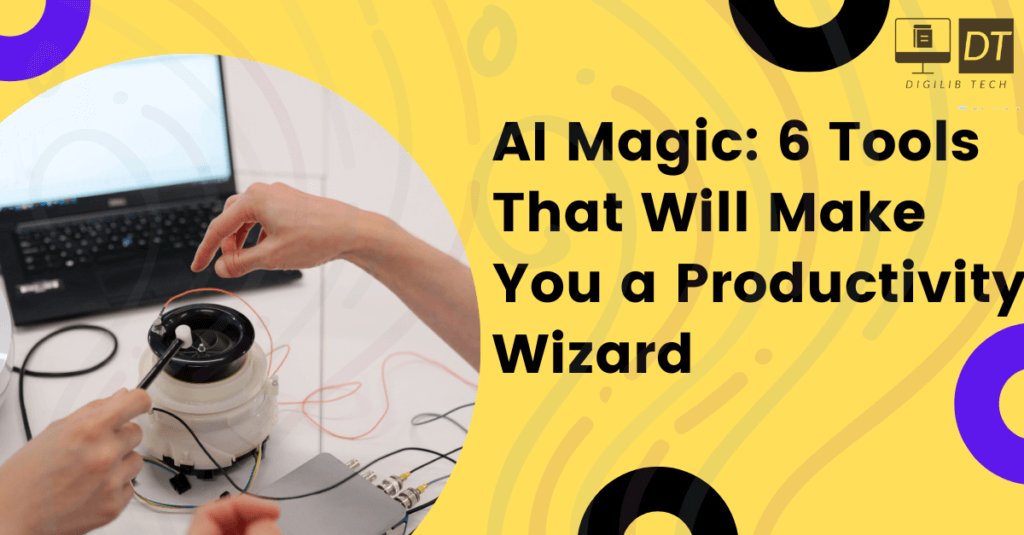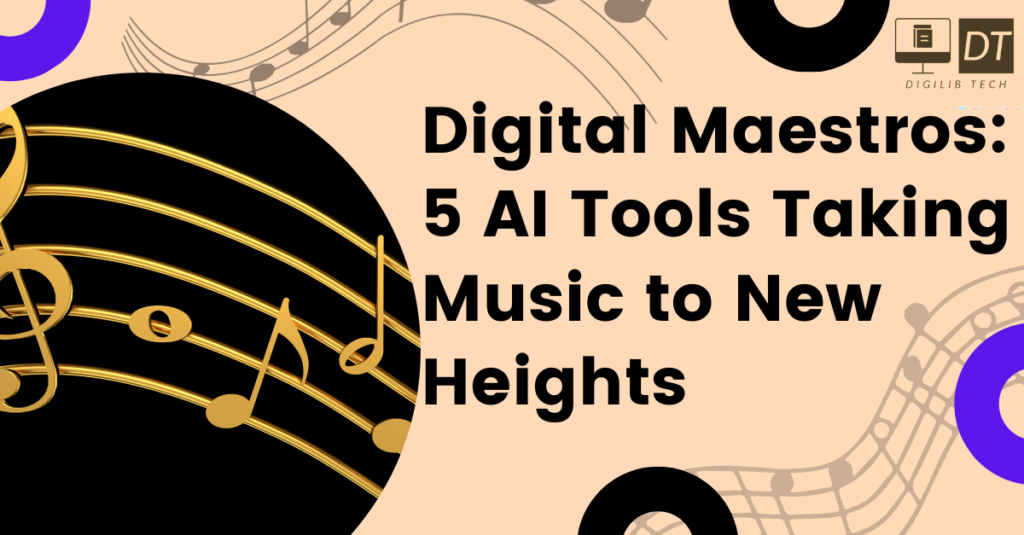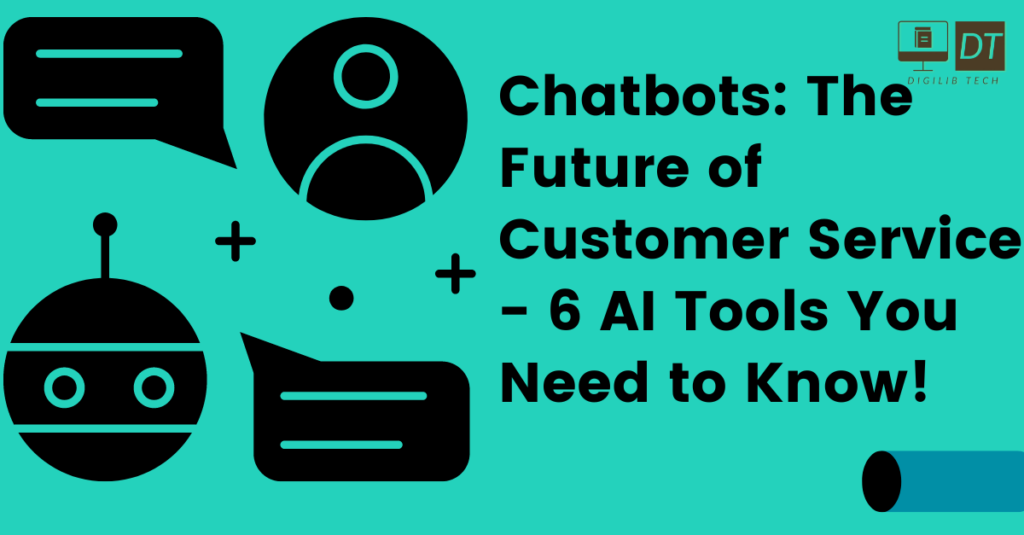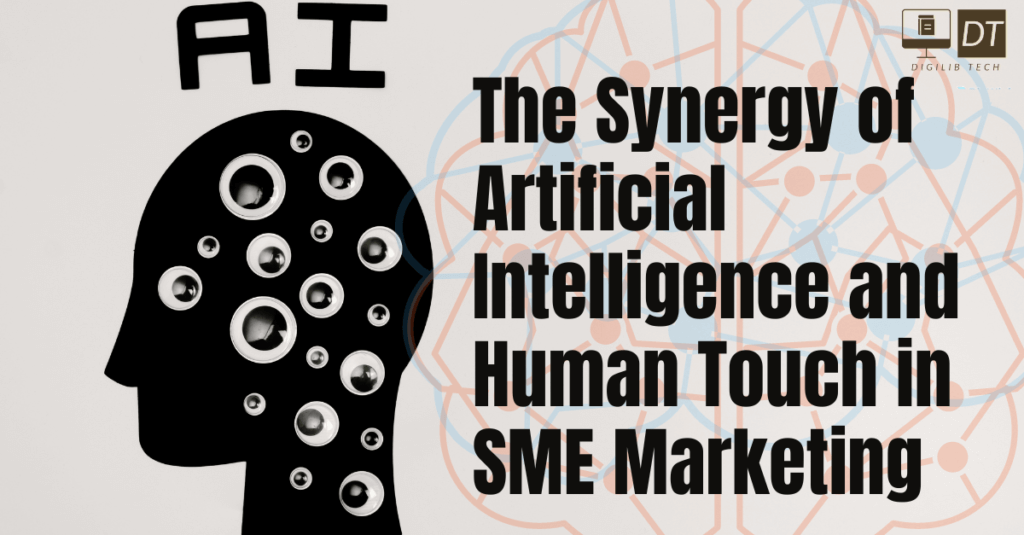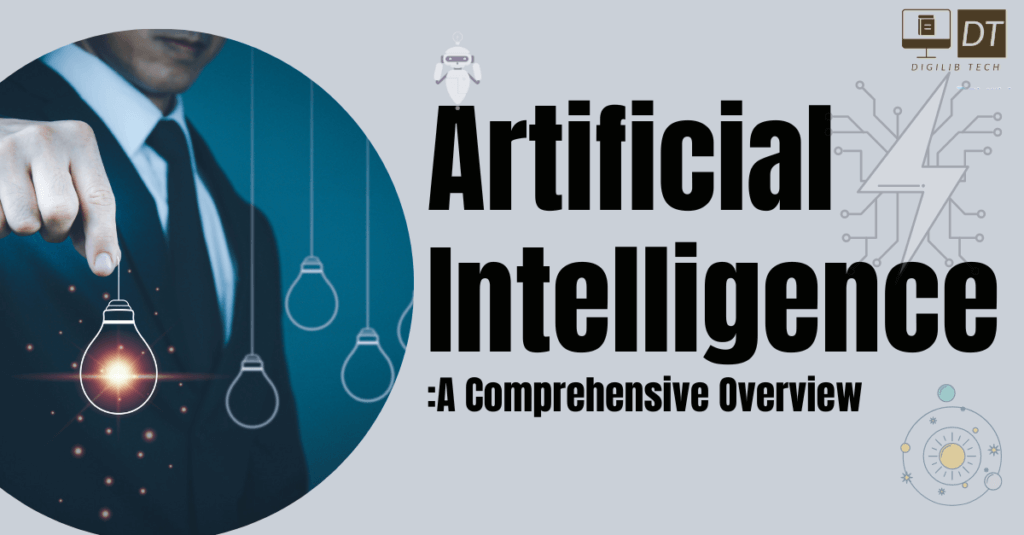The history of artificial intelligence (AI) is a fascinating journey through human imagination and scientific progress. The concept of imbuing non-living objects with intelligence dates back to ancient times, where Greek mythology depicted Hephaestus crafting robot-like servants from gold and Egyptian engineers created animated statues of gods.
Throughout the centuries, influential thinkers such as Aristotle, Ramon Llull, René Descartes, and Thomas Bayes laid the groundwork for AI by describing human thought processes as symbolic representations.
What is artificial intelligence (AI)?
Artificial intelligence (AI) refers to the emulation of human intelligence processes using computer systems and machines. AI encompasses a broad spectrum of applications, which include expert systems, natural language processing, speech recognition, and machine vision. It essentially involves creating computer programs and systems that can perform tasks and make decisions that typically require human intelligence. AI has evolved significantly and has found diverse applications across various industries, revolutionizing how we interact with technology and data.
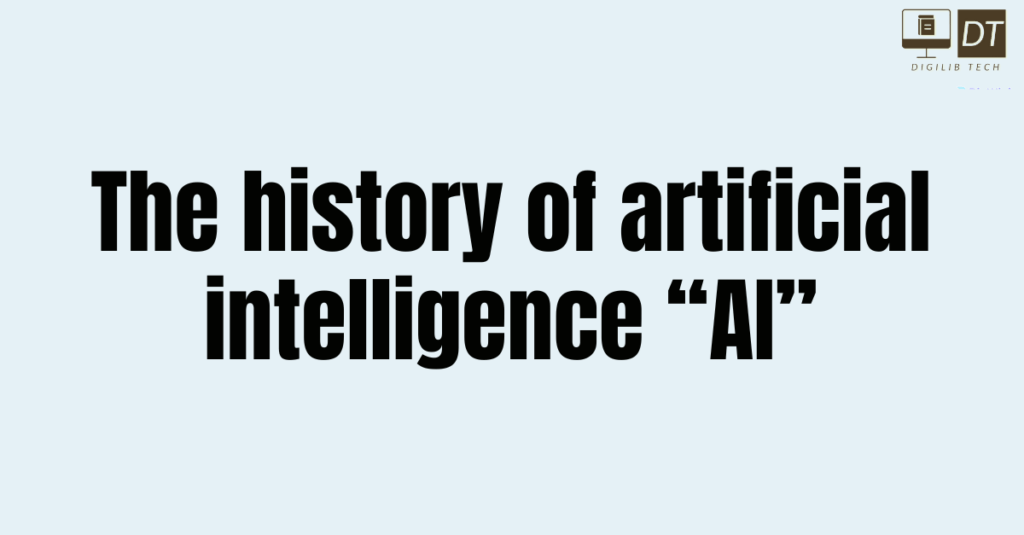
The history of artificial intelligence (AI)
The late 19th and early 20th centuries brought about the foundational work that paved the way for modern computers. In 1836, Charles Babbage and Ada Lovelace conceptualized the first programmable machine.
The 1940s saw John Von Neumann’s groundbreaking idea of the stored-program computer, which allowed programs and data to reside in a computer’s memory. Warren McCulloch and Walter Pitts contributed to the foundation of neural networks during this period.
The 1950s marked a pivotal moment with the advent of modern computers. Alan Turing’s Turing test emerged as a method to evaluate a computer’s intelligence by its ability to mimic human responses. The year 1956 is often considered the starting point of modern AI, thanks to a conference at Dartmouth College sponsored by DARPA. Visionaries like Marvin Minsky, John McCarthy, and others gathered, with McCarthy coining the term “artificial intelligence.” The Logic Theorist, presented by Allen Newell and Herbert A. Simon, marked the debut of the first AI program.
In the 1950s and 1960s, substantial government and industry support fueled AI research. Innovations like the General Problem Solver (GPS) algorithm and the development of the Lisp programming language by McCarthy played vital roles. Joseph Weizenbaum’s ELIZA, an early natural language processing program, laid the groundwork for today’s chatbots.
The 1970s and 1980s, however, saw challenges in achieving artificial general intelligence, leading to periods known as “AI Winters.” Government and corporate support dwindled.
The 1990s witnessed a renaissance in AI due to increased computational power and abundant data. This era saw breakthroughs in natural language processing, computer vision, robotics, and machine learning. IBM’s Deep Blue defeating Garry Kasparov in chess marked a significant milestone.
The 2000s brought further advancements in machine learning, deep learning, NLP, and computer vision, revolutionizing products and services. Google’s search engine, Amazon’s recommendation system, and self-driving initiatives like Google’s Waymo emerged.
The 2010s continued the AI journey with the introduction of voice assistants, Watson’s Jeopardy victories, self-driving cars, and the birth of generative adversarial networks. TensorFlow, OpenAI, and AlphaGo’s victory over Lee Sedol showcased AI’s potential.
In the 2020s, generative AI, with models like ChatGPT-3, Google’s Bard, and Microsoft’s Megatron-Turing NLG, became prominent, generating content from prompts. Despite remarkable progress, generative AI is still in its early stages, with occasional challenges like hallucinations or skewed answers.
The history of AI is a testament to human curiosity and innovation, continually pushing the boundaries of what’s possible. As technology evolves, AI continues to shape our world in ways we could only dream of in ancient times.
More:
What is artificial intelligence (AI)?
How Artificial Intelligence Functions?
What is Differences Between AI, Machine Learning, and Deep Learning?
What are the Advantages of Artificial Intelligence ?
What are the Disadvantages of Artificial Intelligence ?
What is Differences Between Strong AI vs Weak AI
Types of Artificial Intelligence
What are the applications of artificial intelligence?
What Is Differences Between Augmented Intelligence & Artificial Intelligence
Ethical Considerations in the Use of Artificial Intelligence


